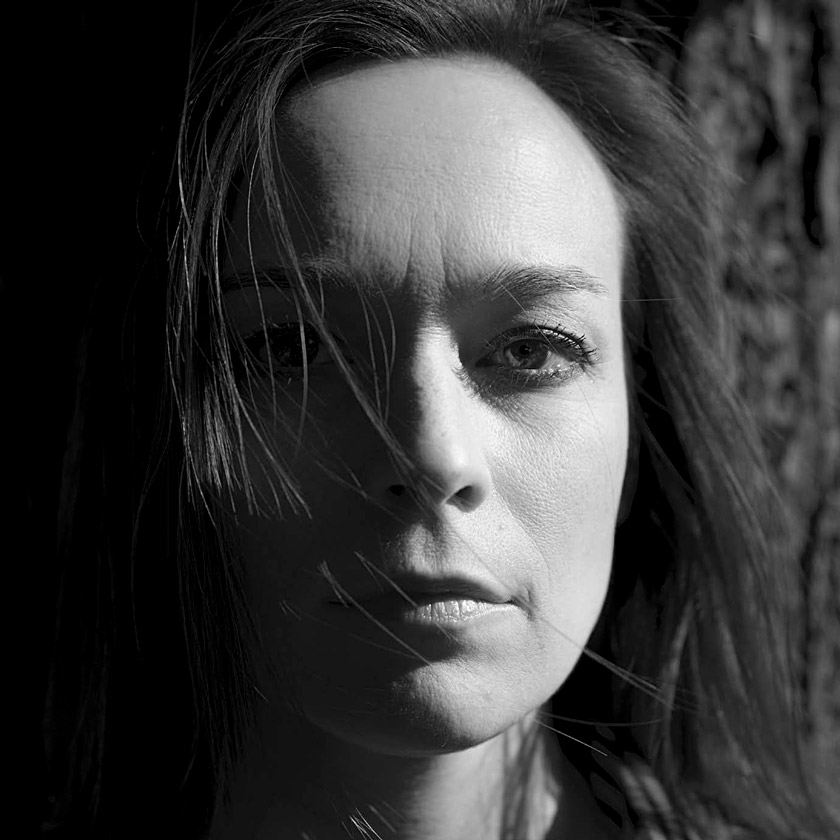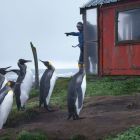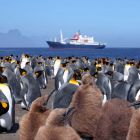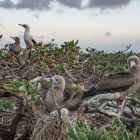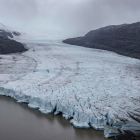Mélanie Wenger
At the heart of the largest French sanctuary
The largest French glacier? No, forget Chamonix! It’s in Kerguelen. The highest cliff in the world? The Kahiwa Falls in Hawaii pale in comparison to the 1,012-metre cliff of Lesquin, in Crozet. Discovered 250 years ago this year, the Austral Islands, made up of two archipelagos – Kerguelen and Crozet – and the two islands of Saint-Paul and Amsterdam, are among the highlights of the French Southern and Antarctic Lands (TAAF).
Little known to the general public and usually bypassed on the geography curriculum, they actually form France’s largest nature reserve and the second world’s biggest marine protected area, offering a sanctuary of over 1.6 million km². Rising from the southern Indian Ocean in the infamous Roaring Forties latitudes, these islands are home to ecosystems that cannot be found anywhere else on Earth. Some of the world’s largest colonies of king penguins, elephant seals, wandering albatrosses and sea lions make their homes here – and the finest scientists, supported by the French Paul-Émile Victor Polar Institute (IPEV), come to study this outstanding biodiversity.
Photographer Mélanie Wenger had the opportunity to board the renowned Marion Dufresne supply ship that serves the TAAF. An expedition as part of OP4-2021, the fourth logistics operation of the year connecting all districts of the Austral islands. From the black sandy beach to “American Bay” on Possession Island in Crozet, to the enormous colony of royal penguins on Cap Ratmanoff in Kerguelen, and to the steep cliffs of Entrecasteaux on Amsterdam Island, this exhibition is a journey through the heart of little-known, mystical territories, whose very name is an enticing invitation to exploration.
The final stopover closing this photographic story is Tromelin Island, the very smallest French terrtory located off the coast of Madagascar and forming part of the Scattered Islands. A journey to the edges of the Antarctic Convergence – a zone that is crucial to the functioning of our planet, where polar and sub-Antarctic marine currents meet; an extraordinary expedition, revisiting these fragments of France scattered at the far ends of the Earth.
INFO POINT
Tourist Information Baden
Brusattiplatz 3, 2500 Baden bei Wien
Open during the photo festival:
Monday – Friday: 10.00 – 16.00 hrs
Saturday: 13.00 – 17.00 hrs (June – August)
Saturday: 13.30 – 16.00 hrs (September – October)
Closed on Sundays and public holidays!
Tel: +43 (0) 2252 86800 600
info@baden.at
Festivalbüro La Gacilly-Baden Photo
Tel: +43 (0) 2252 42269
festival@lagacilly-baden.photo

